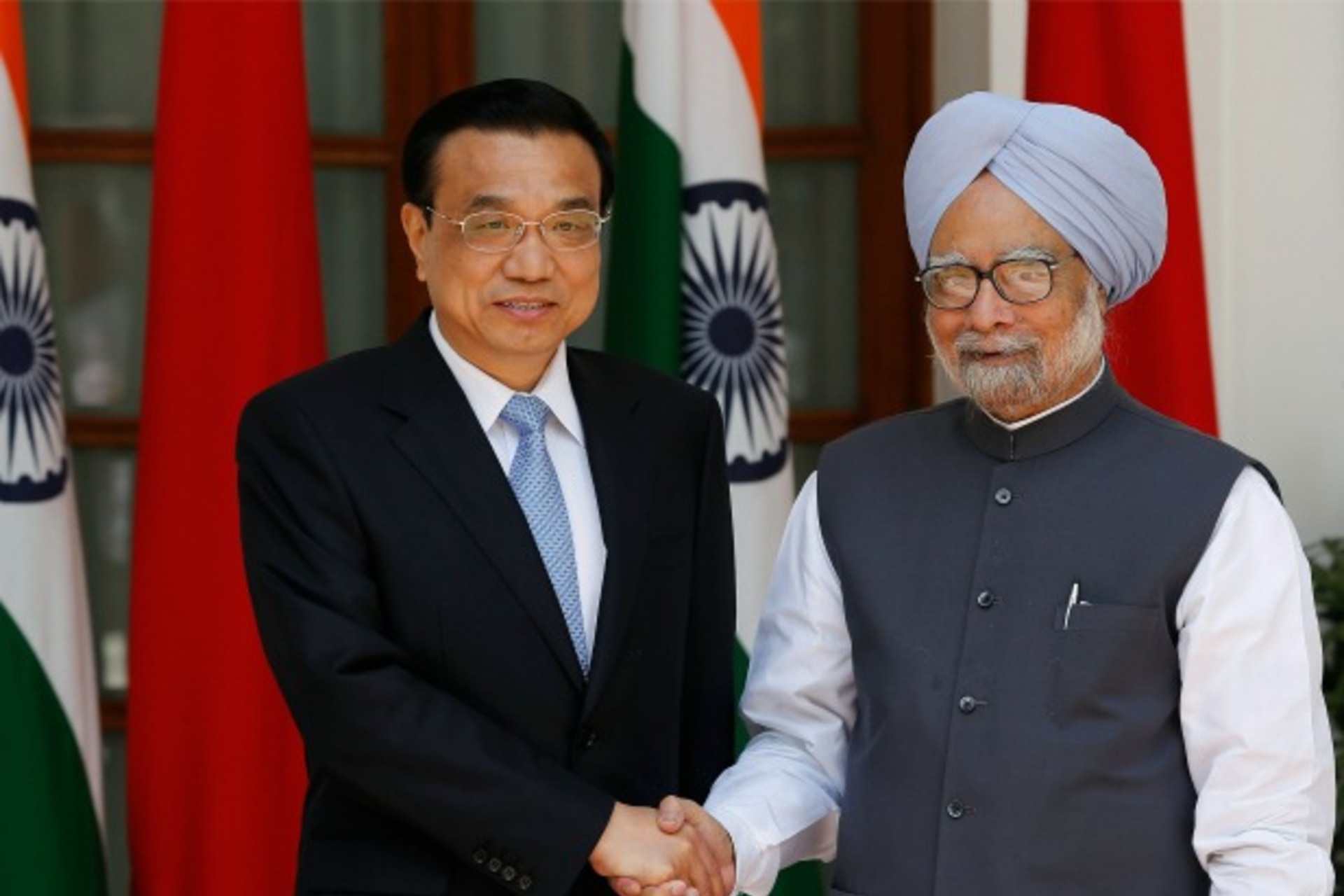Friday Asia Update: Top Five Stories for the Week of May 24, 2013

By experts and staff
- Published
By
- Guest Blogger for Asia Unbound
Sharone Tobias and Will Piekos look at the top five stories in Asia this week.
1. Li wraps up first foreign trip to India and Pakistan. Li Keqiang finished his first foreign trip as Chinese premier, where he visited India and Pakistan. The trip came only weeks after tensions had mounted between China and India over a Chinese military incursion into an Indian-controlled disputed border region in the Himalayas. Li was eager to focus on economic talks, but the governments continue to be wary of each other. Li then spent several days in Pakistan, where he offered assistance to end an energy crisis that has led to major power cuts throughout the country. Chinese state media highlighted China and Pakistan’s enduring “all-weather friendship and strategic partnership.” China has always been a staunch ally of Pakistan and suspicious of India, but choosing India as the site of Li’s first visit was a small step towards easing tensions between the two giants.
2. Obama welcomes Myanmar’s Thein Sein to the White House. President U Thein Sein’s visit to the Oval Office was the first by a Myanmar’s head of state in nearly fifty years, and President Obama praised Sein for “moving Myanmar down a path of both political and economic reform.” However, some experts, including CFR’s Josh Kurlantzick, fear that the United States has been too quick to embrace the new Myanmar, particularly in light of recent violence by Buddhist monks and others against Myanmar’s Muslim minority. The Obama administration must be careful not jump the gun; Kurlantzick argues that though Myanmar has taken important steps toward democratization, the United States should use its newfound influence to push for an end to the ethnic and religious attacks.
3. North Korean envoy visits Beijing. Vice Marshal Choe Ryong-hae, a top military official and confidante of Kim Jong-un, met with a number of senior Chinese officials this week in Beijing in hopes of mending fraying relations between the two historic allies. His visit included a meeting with President Xi Jinping, to whom Vice Marshal Choe handed a letter written by Kim. According to state media, Xi was blunt in his response: “The denuclearization of the Korean Peninsula and lasting peace on the peninsula is what the people want and also the trend of the times.” The envoy reportedly stated that North Korea “is willing to accept the suggestion of the Chinese side and launch dialogue with all relevant parties.”
4. Abenomics to the rescue. After decades of stagnated growth, Japan might finally be in the midst of an economic revival, thanks to Prime Minister Shinzo Abe’s economic policies. “Abenomics” calls for “three arrows”—monetary easing, government spending, and economic reforms—that have all been tried in the past but never with the current level of coordination and breadth. Consumers are splurging at expensive restaurants and shopping malls across Japan. Not everyone is optimistic, though—many caution that Japan’s bureaucracy and rigid labor market cannot be easily reformed, and Abe has yet to make the most difficult changes. Ending deflation could also spur investors to demand a higher risk premium for holding government bonds, making the market more volatile. Certain sectors of the economy have become more volatile already—Japan’s stock market dropped 7.3 percent on Thursday from an all-time high, before regaining somewhat on Friday. Some analysts blame the drop on weak Chinese manufacturing data and U.S. Federal Reserve Chairman Ben Bernanke’s testimony before Congress that the Fed might slow its monetary policy.
5. Malaysia arrests opposition activists. The Malaysian government arrested three major opposition leaders and one student amidst disputes over the results of last month’s election. Activists have been staging large protests since the May 5 election, in which the ruling National Front party took 60 percent of parliamentary seats despite only winning 47 percent of the popular vote, thanks to gerrymandered districts. The four men will be charged under Malaysia’s Sedition Act, a colonial-era law that allows the detention of people trying to overthrow the government, which Prime Minister Najib Razak has promised to abolish.
Bonus: Global Times claims American Indians descended from Hunanese: Du Gangjian, dean of Hunan University Law School, made a startling “discovery” recently following a trip to study Indian tribes in the United States—some people of China’s Hunan Province might have been ancestors of American Indians. “The history textbooks should be rewritten,” he stated.